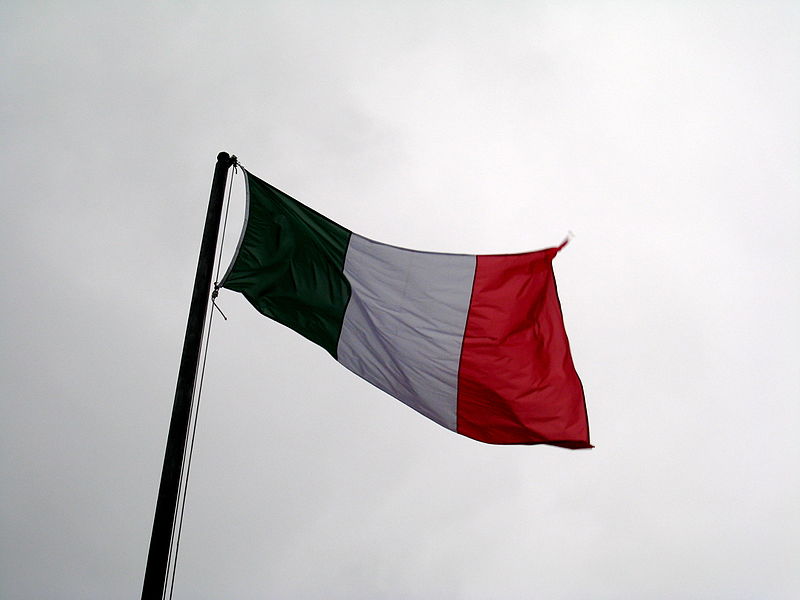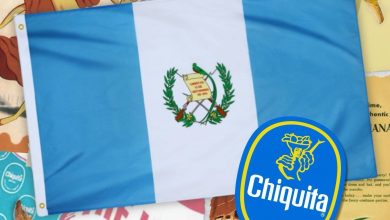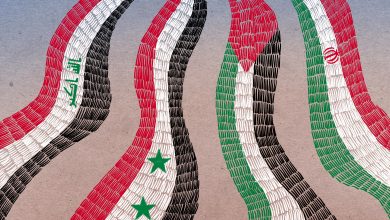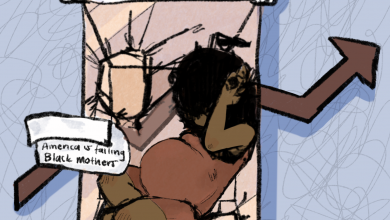A Repeated History? Signs Point Towards a Fascist Future in Italy

Italian Flag, Photo By Andrew Malone via Wikimedia Commons/ CC 2.0
When a candidate stated all immigrants bring “drugs, theft, and violence,” the ideological divisions of a nation were overtly exposed. No, this is not a reference to Donald Trump, nor are the statements by Brexit’s Nigel Farage. Rather, the candidate responsible is Matteo Salvini, a candidate for Italian prime minister who is running on an anti-immigrant, euroskeptic platform.
Salvini, the candidate for the far-right Northern League party, reveals the tone of Italy’s upcoming election on March 4, one where anti-migrant sentiment underpins the campaign trail and racist rhetoric is at the forefront.
While the Northern League has formed coalitions with other right-wing groups and the former prime minister, Silvio Berlusconi, another anti-immigrant party is also leading in the polls. Reminiscent of familiar rhetoric, the Five Star Movement has constructed a platform under the banner of “Italians First.” The party is running on an anti-establishment platform, advocating for both stricter immigration laws and anti-EU membership. Polling at around 28 percent of the vote, the Five Star Movement is currently in the lead.
In the midst of election news, the future of migrants, refugees, and asylum seekers is muddled. The insecurities and anxieties that marginalized communities share during election cycles are often overlooked, and when an election is colored with xenophobia, the livelihood for migrants is at risk.
With an immigration peak in 2014, migrant groups began a dangerous journey across the Mediterranean Sea and into Italy, fleeing war and humanitarian crises in their home nation. Low-skilled immigration comes primarily from Northern Africa, but also from areas such as Ghana, Mauritania and Senegal, while migration from Syria is also prominent. In 2014, migration from Northern Africa to Italy increased 823 percent.
Since the peak, Italy has experienced shifting policies and immigration rates. In 2014, Italy founded Mare Nostrum, or “Our Sea,” to alleviate dangers migrants face at sea. This short-lived Italian-sponsored program provided aid for migrant boats arriving into Southern Italy. However, once citizens began to argue the program was a waste of state revenue, it ceased operation and was replaced with less generous substitutes.
As the Italian government struggled to find a way to hinder the loss of lives at sea, while also restricting settlement into Italy, the nation has enacted different policies, some of which contain blurry details. It is important to note in recent months studies have signaled a decrease in immigration into Italy. This fact is perplexing as the reason for the decline has not been publicly defined. While the source is yet to be confirmed, many speculate Italy and Libya have worked a deal to hinder migration into Europe’s southern region. This agreement has allowed human traffickers in Libya to gain power, worsening migrant conditions in Northern Africa, where slavery has been reported. Slavery in Libya is a reminder that immigration policy does not exist in a vacuum; it has ripple effects throughout migrant communities.
Despite decreased immigration, anti-immigrant sentiment is still propelled in the election. Much of the backlash blames migrants for the economy’s woes. This sentiment is particularly strong amongst younger voters. Since the 2007 recession, unemployment has remained an issue for younger citizens. This xenophobia has translated into overall distaste for the EU as it failed to offer Italy economic support during the immigration crisis. As a result, far-right parties are advocating to follow Britain and leave the EU.
While the economy has been cited as a reason for xenophobia, culture remains prominent in the debate. The “Italians First” rhetoric stems from a desire to preserve Italian identity, whatever that may be. This cultural concern has manifested in an aversion to migrants of color, as seen in early February, when a far right activist targeted anyone who appeared to be of African descent, shooting 6 in broad daylight in a small Italian city. The man wore an Italian flag, a clear symbol of a desire to preserve what far right activists see as national identity. Moreover, the shooter was a failed candidate in previous local elections, running on the Northern League platform.
Rather than fully condemn the shooter, far-right candidate Salvini used the tragedy to showcase the need for social order, outlining the shooting as a symptom of lack of social accord rather than of xenophobia largely propelled by his own party. This response vindicates the shooter while blaming migrant communities, a troubling sign for what is to come if a right-winged party wields power.
As Italians gather at polling stations on March 4, the future of Italy remains one of concern. While Anti-fascist groups have taken to the streets and left-wing parties attempt to spread their message, the fate of the election swings to the right. The xenophobic sentiment indicates danger for many migrants, as their lives are risked by far-right activists and party leaders who pledge to deport undocumented immigrants while in power. As far-right extremism continues to peak its head throughout Euro-American nations, a fascist Italy seems likely. However, the activism of Anti-fascist groups cannot be discredited. In the midst of racism, the strifes of many activists provide a resistance, a hope that Italy can still change course.




